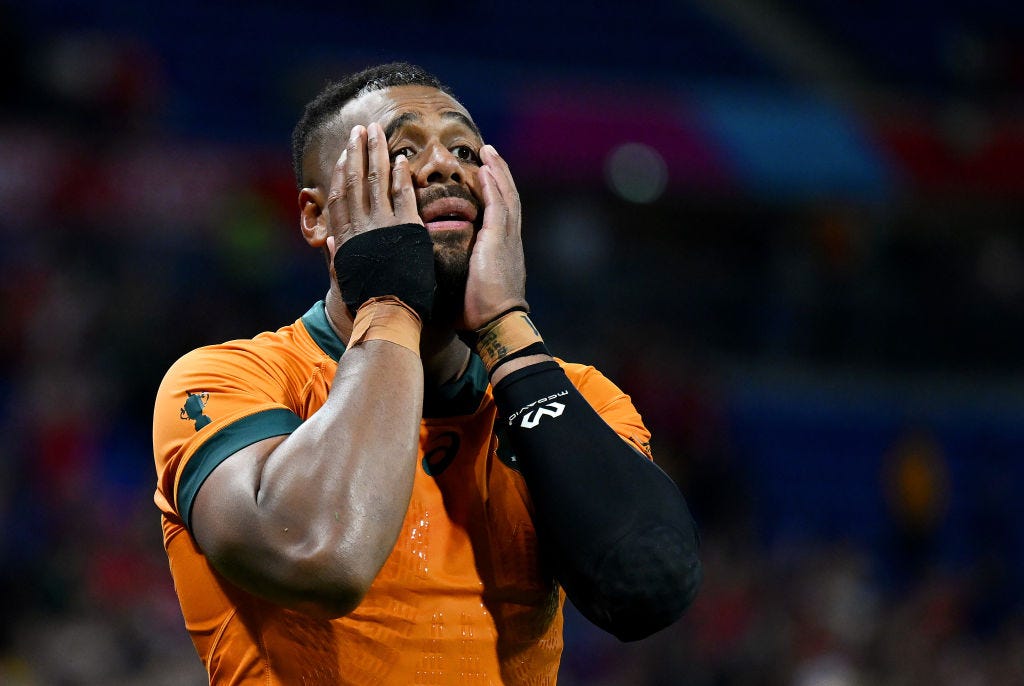Facing up to Sanzaar's failures
It's early days but the RWC23 compass is pointing true north (free)
If it feels gratuitous to lead on Australia’s rugby woes twice in a row, but the reason is twofold: there’s recency bias, given that Eddie Jones would have still been making his way to the post-match press calls as this intro was tapped out; and it’s not being alarmist to say the knock-on effect for r…
Keep reading with a 7-day free trial
Subscribe to The Bounce to keep reading this post and get 7 days of free access to the full post archives.




